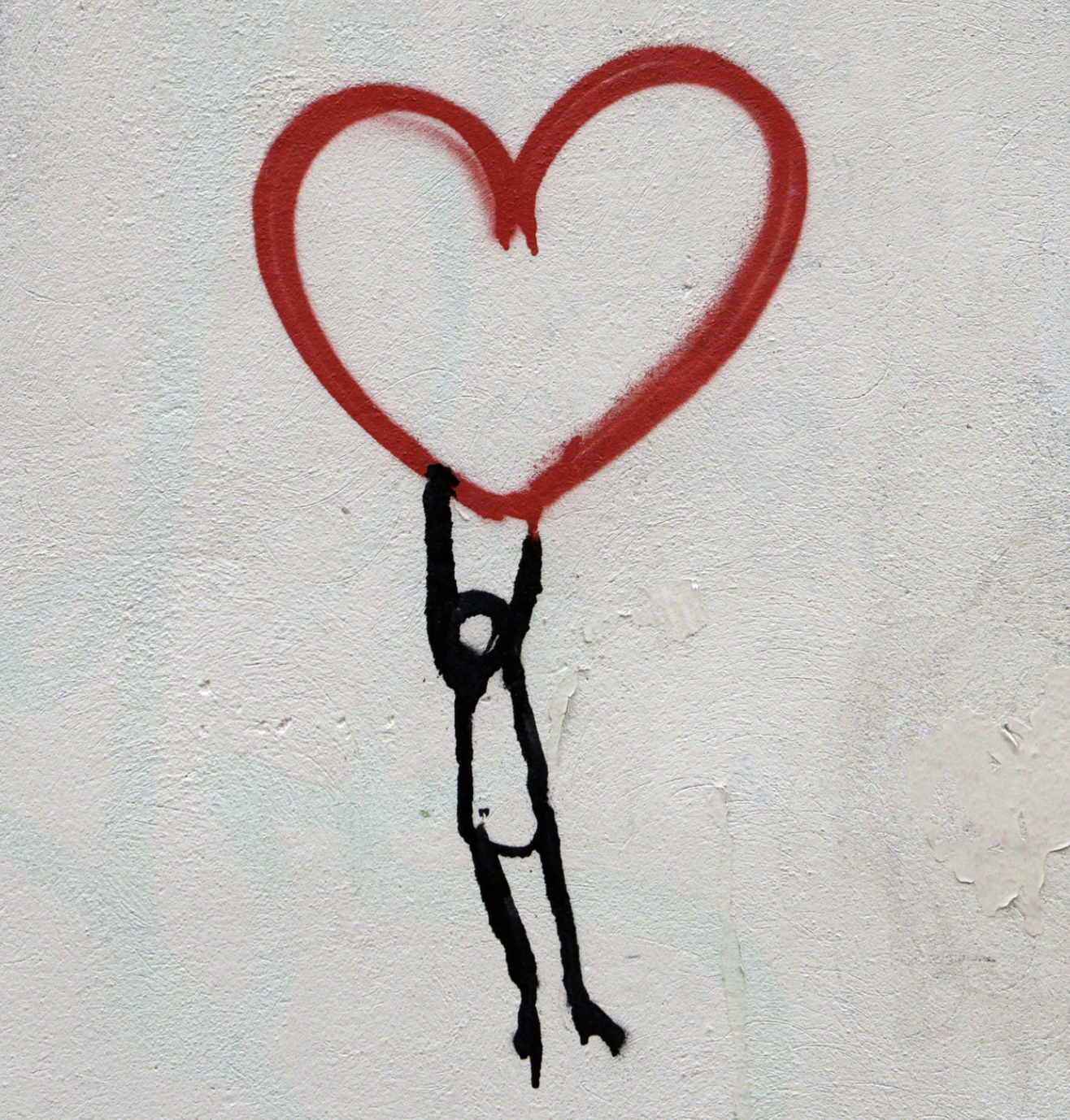This post first ran on Forbes.com. To read the original article, click here.
“I think everybody should like everybody.”
Andy Warhol
Meghan Markle, Duchess of Sussex, recently made a surprise appearance at the British Fashion Awards to announce Givenchy Artistic Director Clare Waight Keller as Womenswear Designer of the Year. Among a bevy of high-profile accolades, Keller famously designed Markle’s silk wedding dress.
On this night in London, the bride wore black, a simple, one-shoulder Givenchy shift, accessorized by chunky, gold bracelets, gold heels, a low bun and an adorable baby bump.
“I feel especially proud to announce tonight’s winner, who is yes, a British designer leading on the global stage with vision and creativity, but also with incredible kindness,” the Duchess of Sussex said.
Onstage, the two embraced, and it was clear to even the casual YouTube viewer that theirs was a relationship characterized by the last royally spoken word — kindness. They exuded symbiotic, genuine support of one another, the type that can shine light on the macabre shadows of failure as easily as it can illuminate and celebrate someone else’s success.
Kindness, I’d argue, should be a living, breathing lodestar of any creative collaboration. It’s just good business. And if you think kindness is some lofty ideal, lurking in the cotton-candy ethers of the fluffy unknown, you’re wrong. Kindness is as much a real part of any powerful communications strategy as the more traditional components — the deadlines, the metrics and the goals. In fact, it might be the most important part of all.
To explain, a story: I was recently involved in a content collaboration with an up-and-coming fashion tech startup. I reached out to the company about the project, they eagerly agreed and off to the races we stylishly went. The project didn’t require much work on the tech company’s part beyond its famous leaders answering a few questions. Once published, the collaboration would ensure they’d get exposure among a key demographic for their service and my brand would be placed in front of their growing user base. A win-win deal.
One week into the project and an email landed in my inbox with an unheard thud, asking if the questions could be answered as the company and not as the leaders. Sure, I replied, though I knew the content wouldn’t be nearly as impactful. Another week later and a second THUD, this time at once louder and more irrevocably silent. The latest email explained that because of “a lack of bandwidth,” they can’t complete the project, but (to paraphrase) best of luck, goodbye.
The reply almost turns to satire after a quick glance at the company’s official Instagram, which is littered with messages in bold typeface about startups supporting startups, small businesses supporting small businesses, and in general, those with more helping those with less.
Staring at the email, it seemed so paradoxical: Why would marketers digitally endorse collaboration and kindness then behind the sheeny gloss of Instagram, when an opportunity to live out the words of an easily posted meme is presented, shun it before a deadline is even set?
Immediately, I googled professional disappointment and the importance of sticking to your word. The search led me to a video posted by Gary Vaynerchuk, social media guru and co-founder/CEO of VaynerMedia. He said this break of trust, which happens to everyone all the time, never bothers him. Instead, he calls it a “data point” on the larger landscape of his zero-expectations philosophy for operating a business. If he were in my scenario, he would’ve never expected the company to follow through on the content collaboration anyway. Instead, he would internalize their acceptance-turned-rejection, create a note in the data bank of his mind, devoid of its emotional thud-iness or disappointment, then move on.
Yes, onward is definitely the only direction to travel after a stumble but let’s journey back to sleekly dressed Meghan Markle, hugging her award-winning designer and lauding her “kindness.” In supportive relationships gone awry, where can that same kind of kindness be found?
On an episode of fashion blogger Danielle Bernstein’s podcast, “We Heard What,” Jennifer Hyman, founder and CEO of Rent the Runway, tells an incredible story. When she was first starting her business, a hub for customers to rent then return designer clothes, there was another company headquartered across the hall. Each day, she’d have coffee with a friendly man who worked there simply because she enjoyed talking to him. In moments of easy rapport and strong caffeine, they laughed, conversed about nonsense and took a break from the gruel of meeting and conference calls as two friendly strangers with nothing to gain from the other.
Several years later, Hyman received a call from a member of Beyoncé’s “Bey-hive,” asking if Hyman’s company would be interested in a collaboration to provide outfits for the superstar’s upcoming tour. (YES!) When she asked why Beyoncé chose Rent the Runway—or even how she knew about the service—the rep said her manager fondly remembered Hyman, and had been following the explosive growth of her business ever since they started meeting for coffee years ago.
Benevolent communication is about give and take. It takes no effort to post that your company is a bastion of altruism but there’s no real give there either. Kindness can’t be digitized in the space of a one-off photo; it must be woven into every email you send and every promise you make. Sure, disappointments happen, in fact, most days the losses might outweigh the gains. But maybe what Vaynerchuk really meant when he spoke about internalizing downfalls as emotionless “data points” is that someone’s lack of kindness should never be an erosion of your own.
If you treat all those—from the coat checker to the CEO—with equal kindness, then one day your company too could gain a fan in Beyoncé. Or the silky strands you’ve dreamed into existence might also be worn by a duchess wedding a prince. Then one starry night in London, she’ll present you with an award for your own creativity, telling the world that even before the shiny trophy, you’d already won her over because you were kind.



One Comment